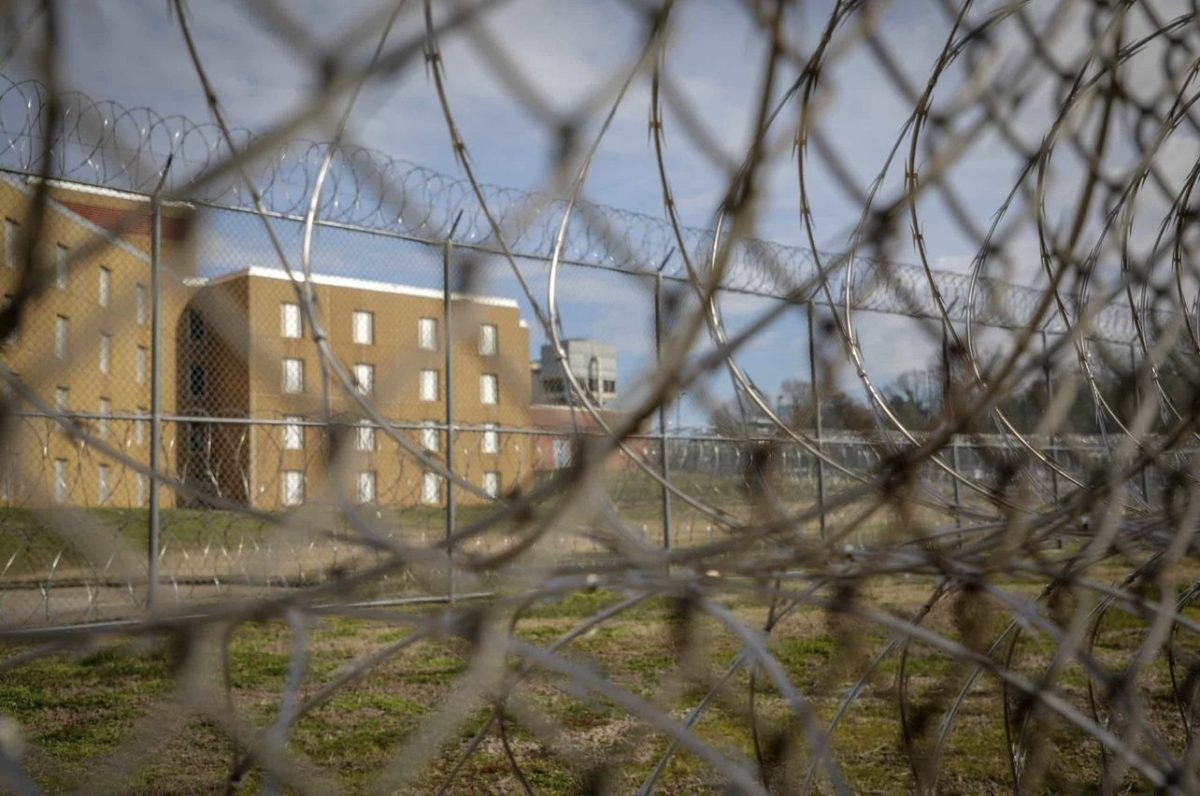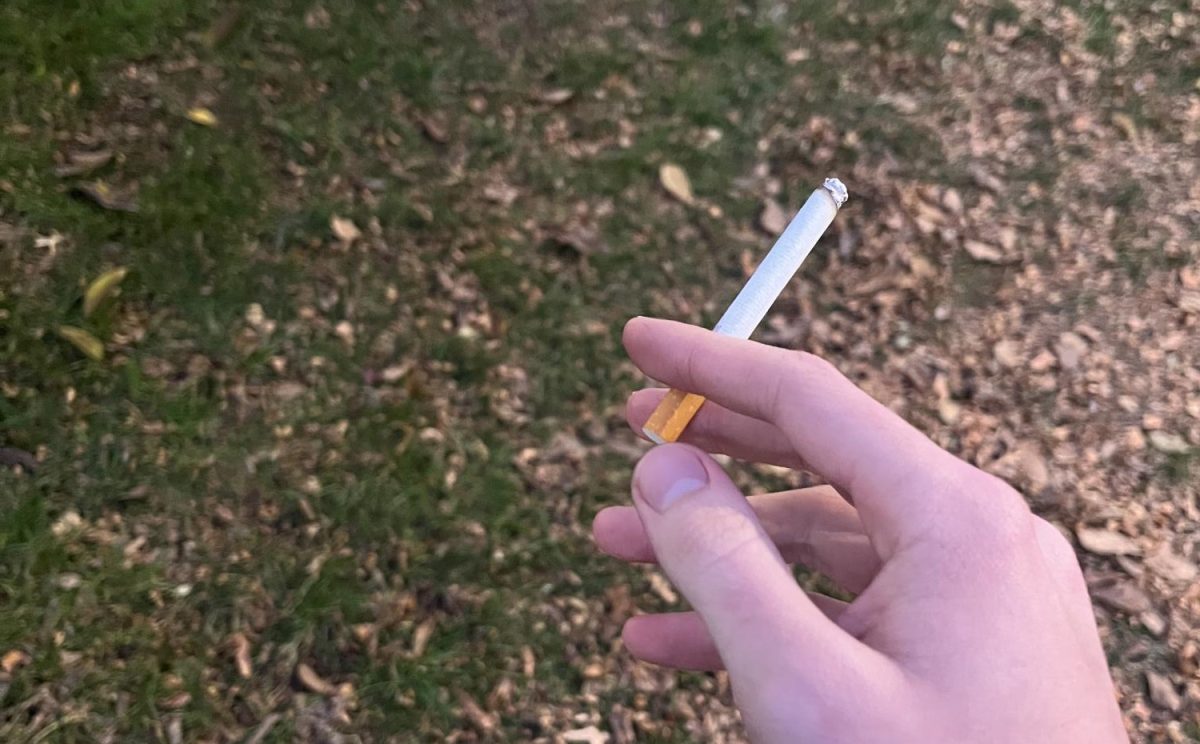Within the United States, prison labor makes up a significant part of the national economy. Largely benefitting government and private agencies, prison labor severely exploits incarcerated workers by prioritizing economic benefit over working conditions and continuing an American legacy of racial oppression.
The American Civil Liberties Union (ACLU) estimates that 791,500 of two million incarcerated persons are subject to work (the most recent federal data on the issue dates back to 2005). Nearly all prisons have prison labor programs, whose assignments range from public works, prison upkeep and maintenance, private production and agricultural work, which is notably often conducted on land that was once plantations. Prisoners are often paid in cents and face starkly unfair working conditions.
Penal labor was explicitly provided for by the Thirteenth Amendment, which outlawed slavery with a key exception for imprisoned individuals. With the legal basis provided, prisoners soon became a profitable source of labor apt to fill the role left empty by slavery. In the wake of the Thirteenth Amendment, the South quickly crafted the Black Codes — laws that openly sought to imprison, fine and convict African Americans on grounds such as quitting employment, being armed and being homeless. The imprisoned then entered convict-leasing systems, where states would loan them to plantations and private industries where they faced torturous conditions and were frequently worked to death. The system was so profitable it left little room for organized labor — union pressure eventually pushed the use of prison labor to be mainly restricted to government agencies.
Federal and state governments today reap strong profits from prison labor. Both private and public prisons are able to save costs by having workers themselves handle maintenance and prison upkeep. Moreover, according to the ACLU, government agencies are often required to buy goods (such as furniture, food and uniforms) from prisons, keeping their costs low. Federal Prison Industries (also known as UNICOR) which employs 12,000 laborers across 83 prisons, produces a diverse set of products for state agencies and military uniforms and helmets for the U.S. armed forces. In negotiations, they are often guaranteed multi-million dollar contracts to state entities and are additionally able to often out-bid small businesses who are also trying to secure contracts with government agencies. We see that like under the Black Codes, imprisoned labor is so profitable that it is able to outcompete free labor.
The economic incentive provided for initially by slavery and then through prison labor is a strong cause for the exploitation of the imprisoned today. In the sea of benefits promised to governments and private industries, prisoner rights and conditions are swiftly swept under the rug.
Prison labor emerges starkly different from common employment through a fierce loss of rights. Prisoners do not have the right to refuse to work, which eliminates a protection against employer abuse and is a key argument used to compare their status to that of enslaved people. Moreover, prison labor features a stark imbalance of power where supervisors have leeway to make punitive decisions regarding work with little accountability. The ACLU notes agricultural workers who cannot or do not work often face solitary confinement. In interviews with The Washington Post and The Marshall Project, incarcerated laborers faced or feared direct forms of retribution for speaking out about their conditions. Moreover, prisoners do not have a right to unionization or fair pay.
These loss of rights contribute to working conditions that are inherently unfair — without the ability to criticize, advocate or defend oneself in a workplace, prison laborers are open to innumerable abuses. Advocates of prison labor argue that prisoners receive training that would prepare them for life after prison and reduce recidivism. Though inmates are forced to manufacture specialized goods, they are often not inadequately trained and sustain severe injuries — prisoners have lost fingers, been struck by fallen trees and sustained brain injuries due to improper and inadequate training. When seeking legal redress, many prisoners come up empty. Working conditions themselves are additionally unsafe: UNICOR has received reprimands for exposing workers to toxic chemicals at recycling plants. The ACLU reports that 64% of surveyed inmates felt concerned for their safety while working.
The United States is known for having the world’s largest incarceration rate. During the War on Drugs, African Americans were arrested at rates much greater than whites on low-level drug offenses. As a result, today, the prison-labor force is composed of mostly Black individuals, establishing a clear continuity of injustice. Even within prisons, discrimination is prevalent as more lucrative jobs are frequently afforded to white prisoners.
The legacy of exploiting people of color within America is clearly continued by the current state of prison labor. Strong economic incentives that favor the historic oppressors of government and for-profit private agencies cloud over discussions of racial equality and worker rights, safety, and agency. It is time for forced prison labor to end, and for humane treatment of prisoners to take precedence over economic benefits.
Adithi Vimalanathan, FCRH ’26, is an economics and English major from Jersey City. N.J.







































































































































































































